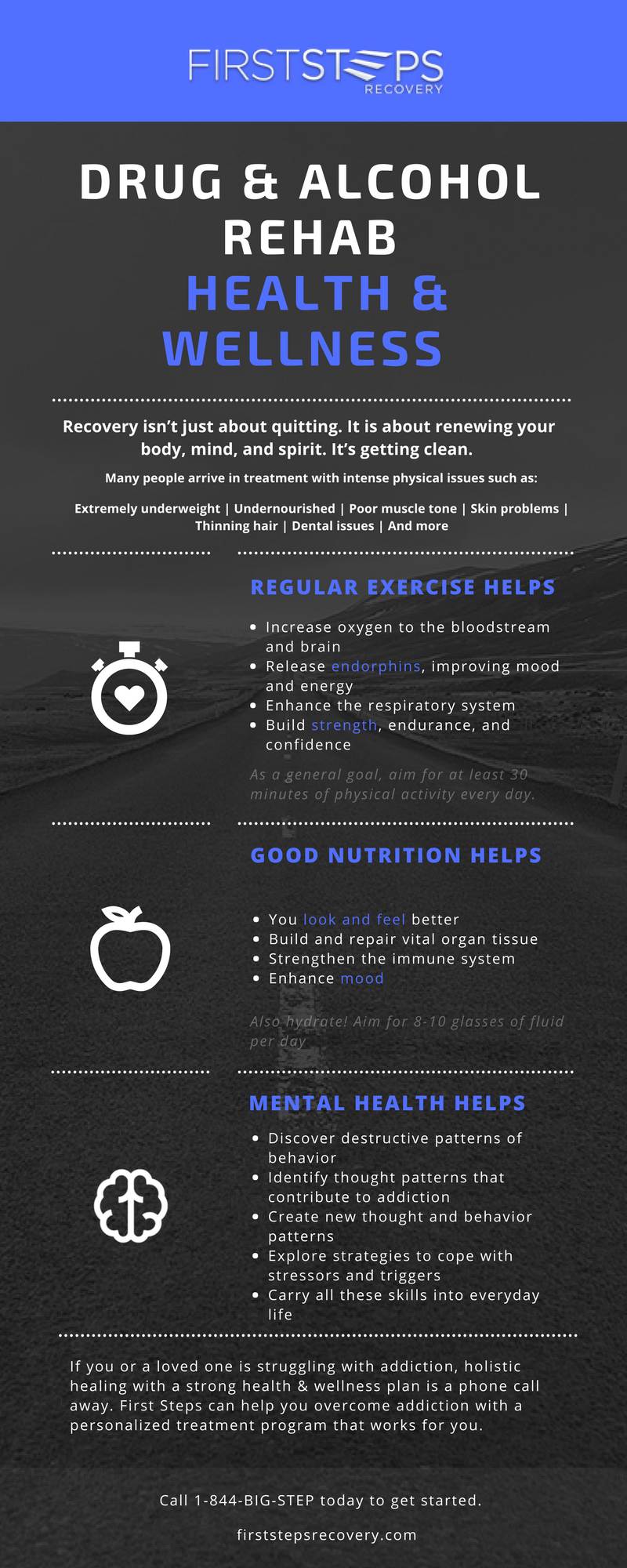Coping With Triggers And Cravings After Drug Rehab
Coping With Triggers And Cravings After Drug Rehab
Blog Article
Produced By-Glenn Stilling
You've completed Drug rehab and taken a substantial step in the direction of a healthier way of life. Today, dealing with triggers and desires post-rehab can be a tough journey. Just how do you navigate through these moments without endangering your development? Comprehending the strategies to manage triggers and desires is vital in keeping your sobriety. Allow's explore just click the next webpage to deal with these challenges and guard your newly found dedication to living a drug-free life.
Recognizing Triggers and Yearnings
To effectively manage your triggers and food cravings, start by acknowledging the situations or emotions that cause your need to make use of. Take a minute to reflect on what conditions or sensations prompt your desires. Is helpful site stress and anxiety, dullness, social circumstances, or particular places? By determining these triggers, you can much better prepare yourself to cope with them.
Triggers can be both inner, such as negative feelings or physical pain, and external, like being around individuals who use compounds or seeing a particular area.
Focus on patterns in your cravings-- are they more regular at certain times of the day or in response to specific occasions?
Structure Healthy Coping Strategies
Recognizing your triggers and cravings is the very first step in the direction of building healthy and balanced coping techniques to manage them properly. Once you recognize what scenarios, emotions, or people activate your food cravings, you can begin establishing a strategy to address them.
One efficient technique is to replace unfavorable behaviors with positive ones. For instance, if stress sets off food cravings, exercising leisure techniques like deep breathing or reflection can help. Engaging in exercises such as exercise or going for a walk can also be a fantastic method to cope with cravings.
Another crucial element of building healthy and balanced coping approaches is to produce a helpful setting. Border yourself with individuals that comprehend your journey and can supply support and responsibility. It is very important to establish boundaries with individuals that might not support your recuperation.
Furthermore, establishing a routine that includes healthy routines like normal exercise, appropriate nourishment, and enough sleep can help you stay on track and minimize the likelihood of experiencing triggers and food cravings.
Looking For Support and Liability
Producing a network of helpful people that can give support and hold you responsible is critical in handling triggers and cravings successfully. Seek out good friends, relative, or a support system who recognize your trip and can use guidance when you face tough scenarios.
Having somebody to talk with during moments of lure can make a substantial distinction in remaining on track with your healing. Liability companions can help you stay concentrated on your objectives and advise you of the reasons you picked to look for help to begin with.
They can also aid in creating an organized strategy to handle triggers and food cravings, such as developing alternative activities or coping mechanisms to replace need to utilize medications. Normal check-ins with your support system can give confidence and inspiration, assisting you really feel less separated in your healing journey.
Final thought
Remember, acknowledging and handling triggers and desires after Drug rehabilitation is a key component of preserving soberness.
By recognizing your triggers, constructing healthy and balanced coping approaches, and seeking assistance from liked ones or support groups, you can browse through challenging minutes and stay focused on your sobriety goals.
Keep in mind, you aren't alone in this trip, and with the right devices and support, you can conquer temptations and live a fulfilling, drug-free life.
Stay strong and maintain moving forward.
